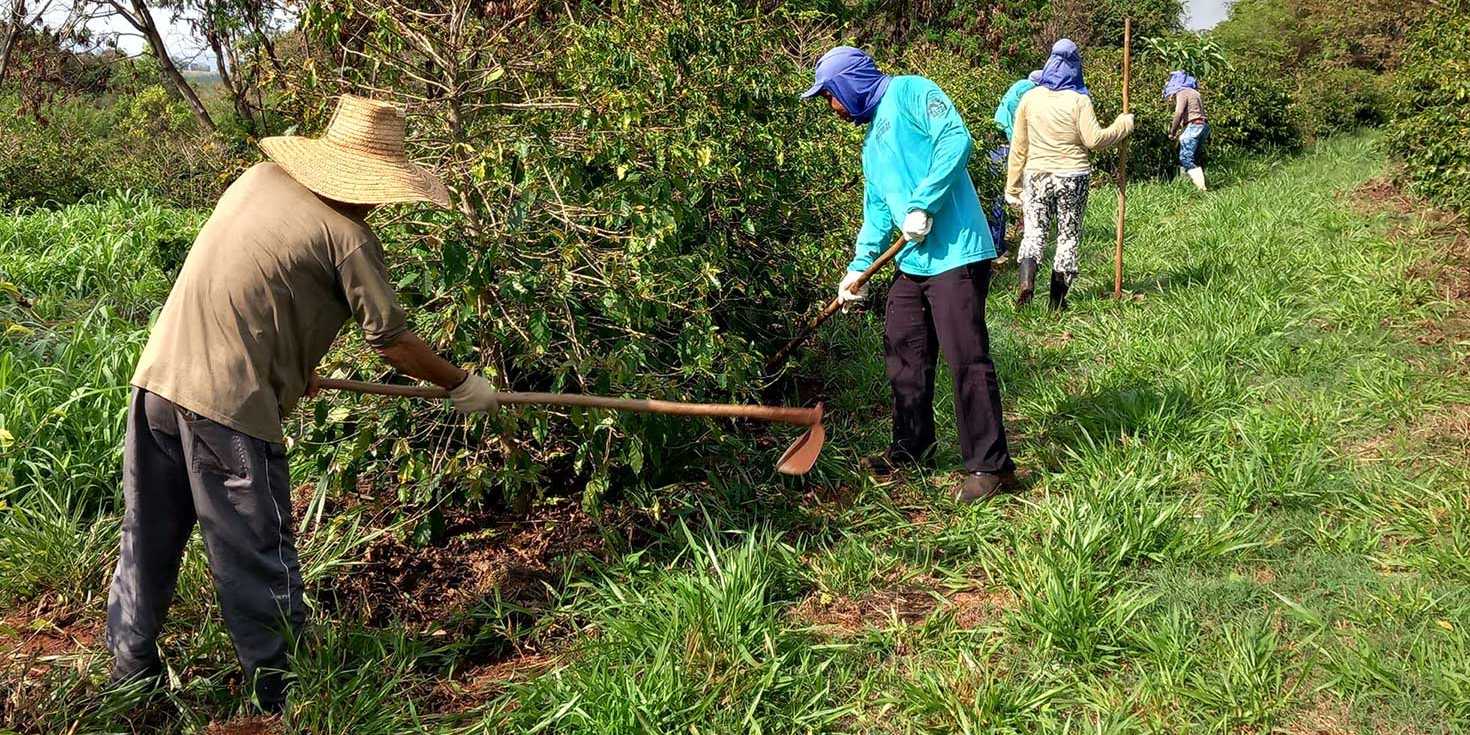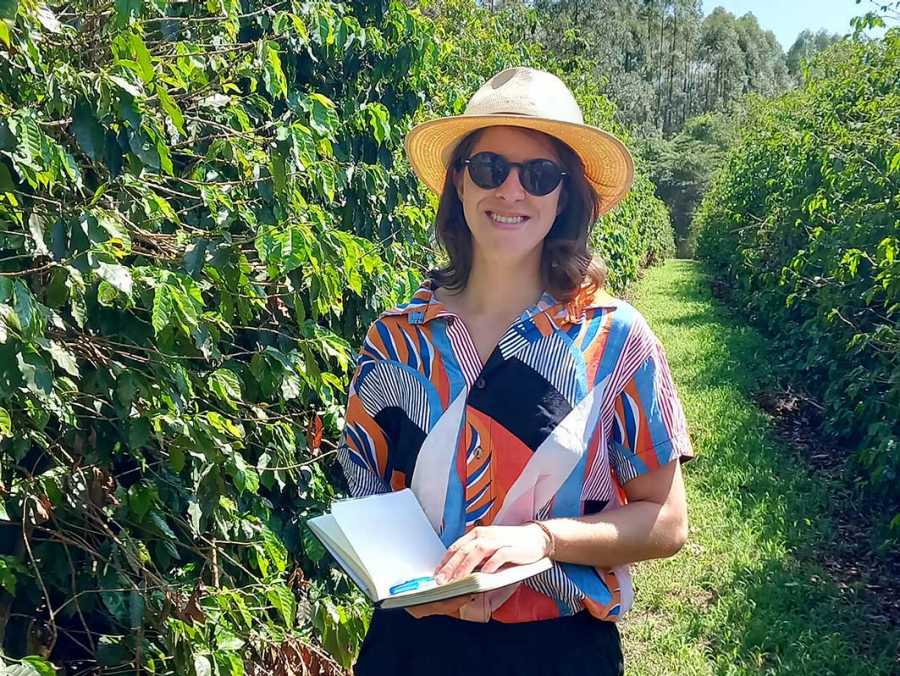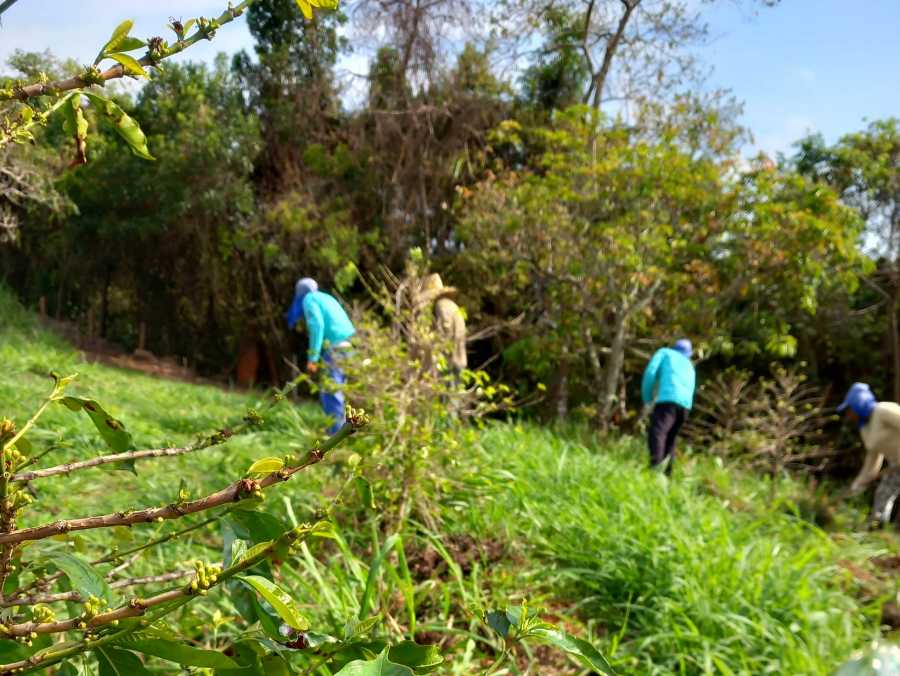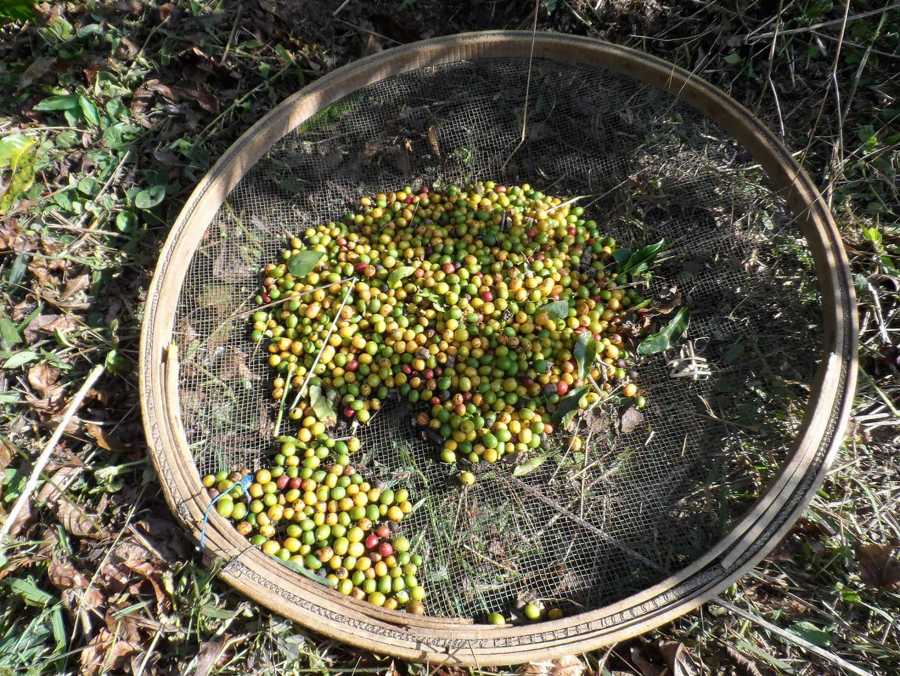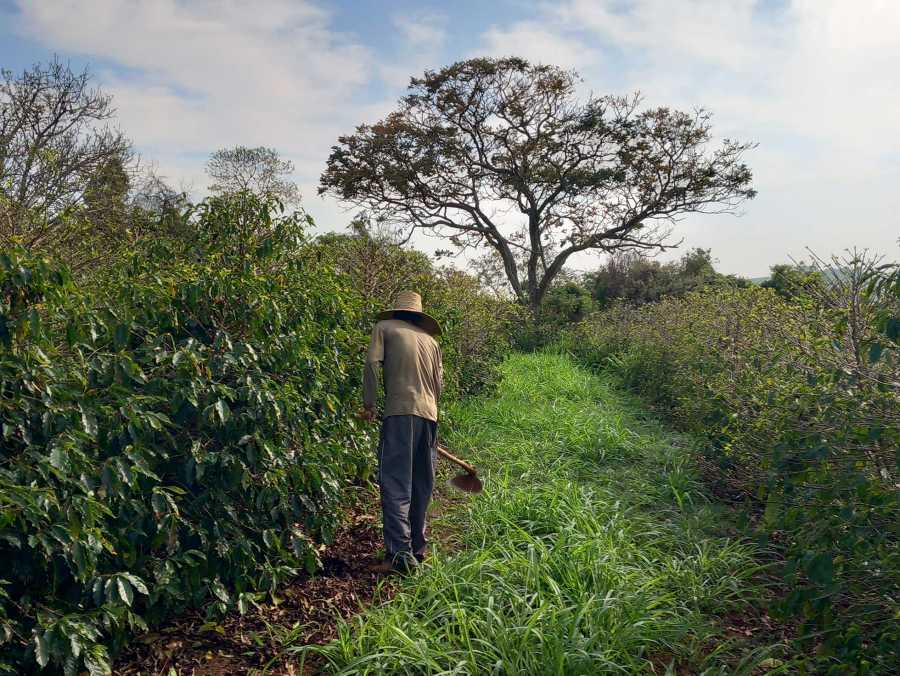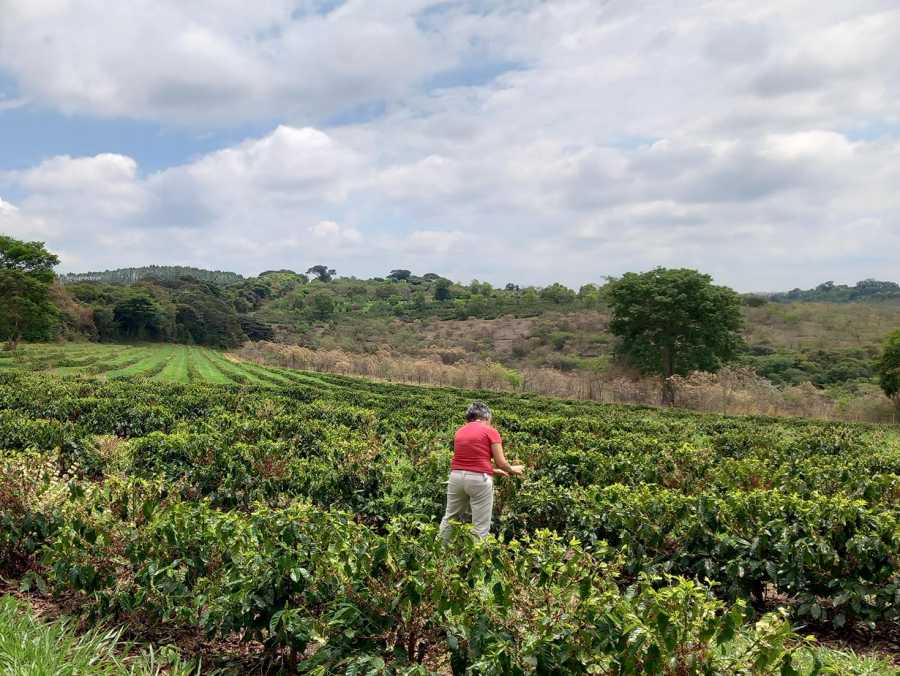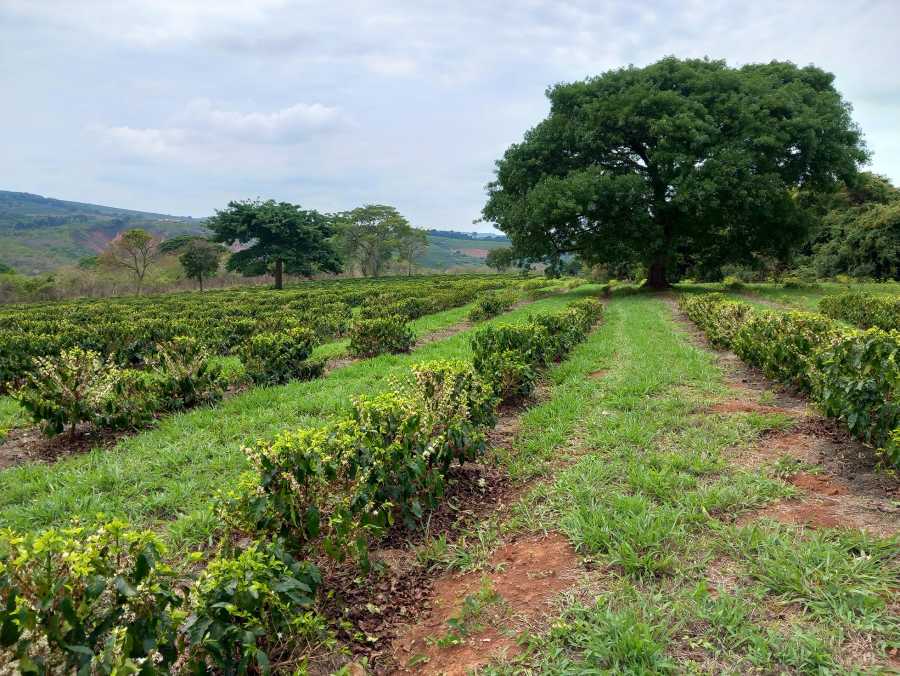Marie Sigrist, how is local coffee production in Minas Gerais doing?
Around 80,000 people work on the coffee plantations in Minas Gerais every year, some under precarious conditions - one could even speak of modern slavery. Women and afro-descendents, although they play an important role in coffee production, are often not involved in decision-making processes. I wanted to give these women a voice that would also be heard outside of academic research.
So you came up with the idea of producing a podcast?
Exactly. I felt the need to talk about what I experienced in Brazil. And to talk about the most pressing problems. Here in Europe, many people are not aware of the conditions under which the coffee they drink every morning is produced.
And who should listen to the podcast?
The Catuaí podcast channel lets the players in the coffee chain – coffee farmers, roasters, association leaders, researchers, retailers and consumers – speak. It is intended to provide space for discussions about sustainable coffee, so it can also raise questions and address challenges. I don't have great expectations in terms of being able to change the chain at my level, as it is a very wide-ranging system, but I am happy when students listen to my stories, for example, and reflect on them.
The protagonist in the podcast, a coffee picker named Jonalisa, has a tough job. What was it like to meet her?
Jonalisa is 57 years old and works on a small plantation near Oliveira in the south-east of Minas Gerais. This farm produces what is known as "speciality coffee". This means that the coffee produced there can be sold for a higher price than conventional coffee. But do the pickers also receive a better wage? Unfortunately, the working conditions of the pickers are often miserable. The work is physically very hard, and often there are not even any work contracts. People are used as a resource. If they can no longer do the job, they are replaced by others. The system is closely linked to monoculture and exploitation both of the environment and of people. In political economy, we In political economy, we speak of the "Plantagenocene". This is what we have observed. There are not many alternatives, but there are some that we really wanted to focus on in our work.
What exactly are the alternatives to conventional coffee production?
Some farms do not work with large producers but roast their coffee themselves. For example, they drive 7-8 hours to the local markets to sell it there. During my stay in Minas Gerais, I met a man who had converted his van into a mobile laboratory. He roasted his coffee there and travelled from village to village to teach people and pass on his knowledge. It is precisely this knowledge that is the most important key to switching from conventional to unconventional coffee production.
What research questions were you travelling in the region with?
In Minas Gerais, there is a wide variety of coffee producers, from small family businesses to large companies. Large cooperatives play an important role in the coffee trade. There are unequal power relations in these global value chains. The actors who use land and have access to the global market exert pressure, while others are excluded from decision-making processes. I was interested in the question: What power relations exist in the coffee value chain and how are they maintained? And what opportunities for participation are there for the less privileged actors? Analysing our data will show how these power asymmetries work and how they can be addressed.
What's next for the podcast?
There are now four episodes of the Catuaí podcast. Two of them are in French, one in Portuguese and one in English. More will follow. Among others, I also spoke to a barrista in a coffee shop in Portugal. He will be the main character in my next episode.
